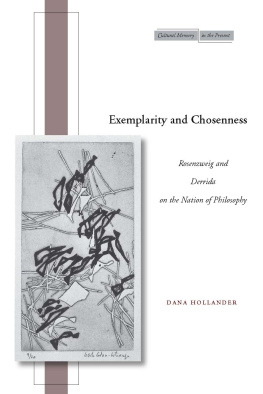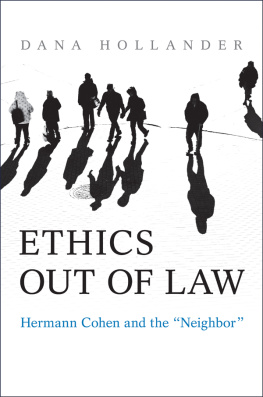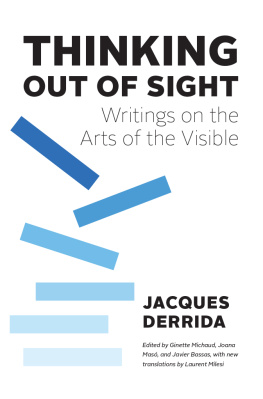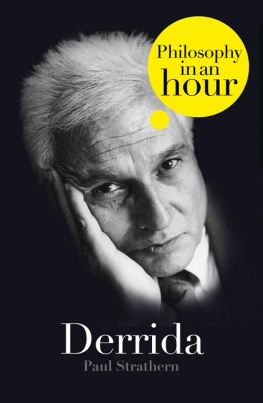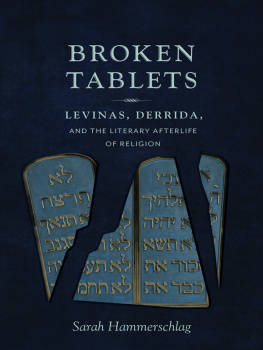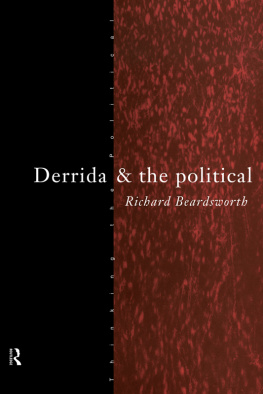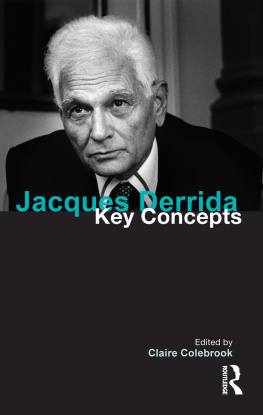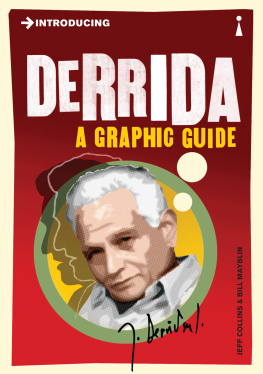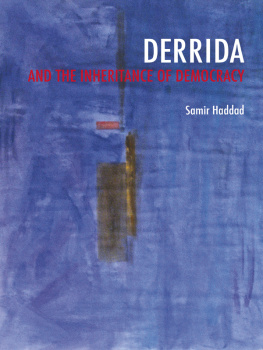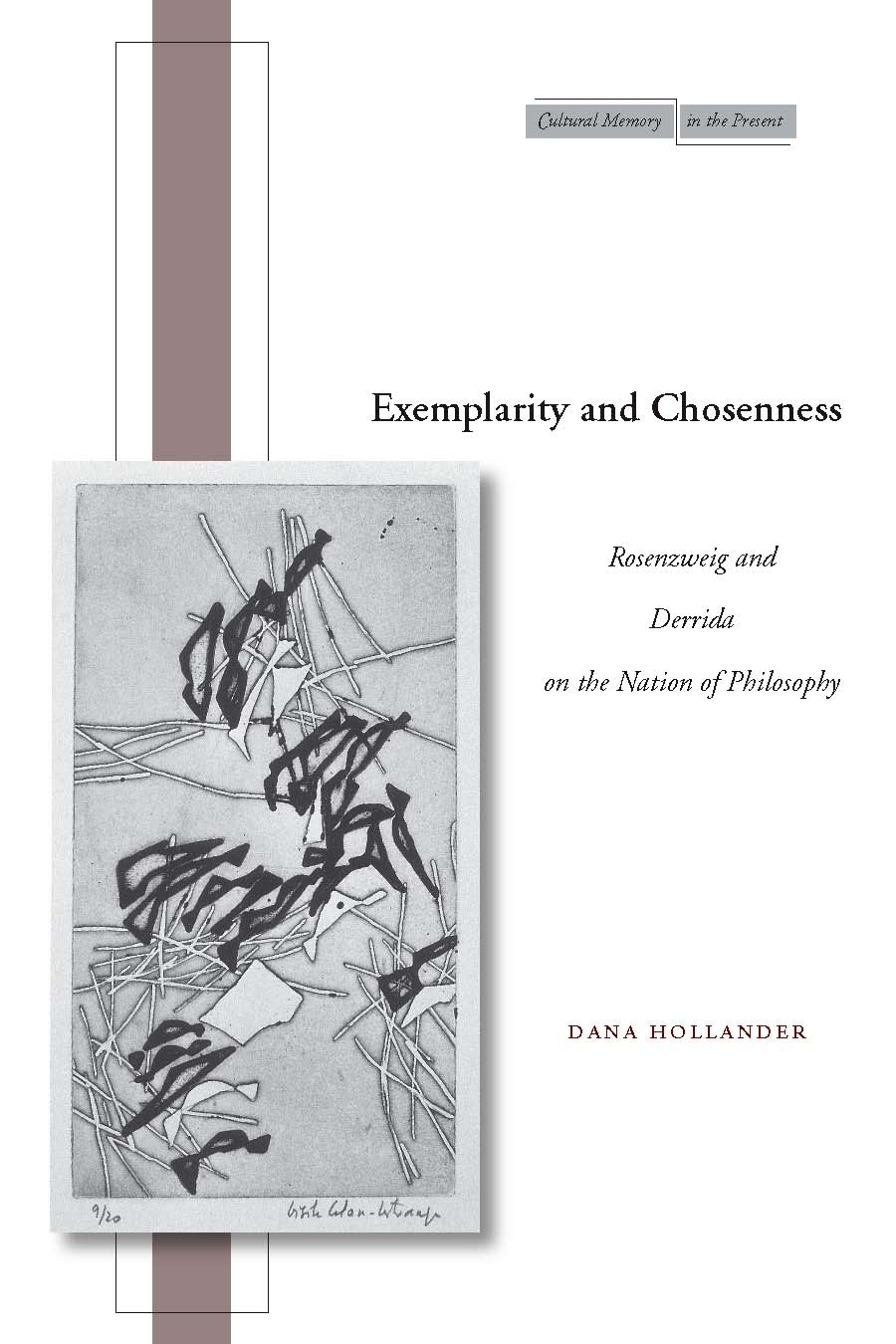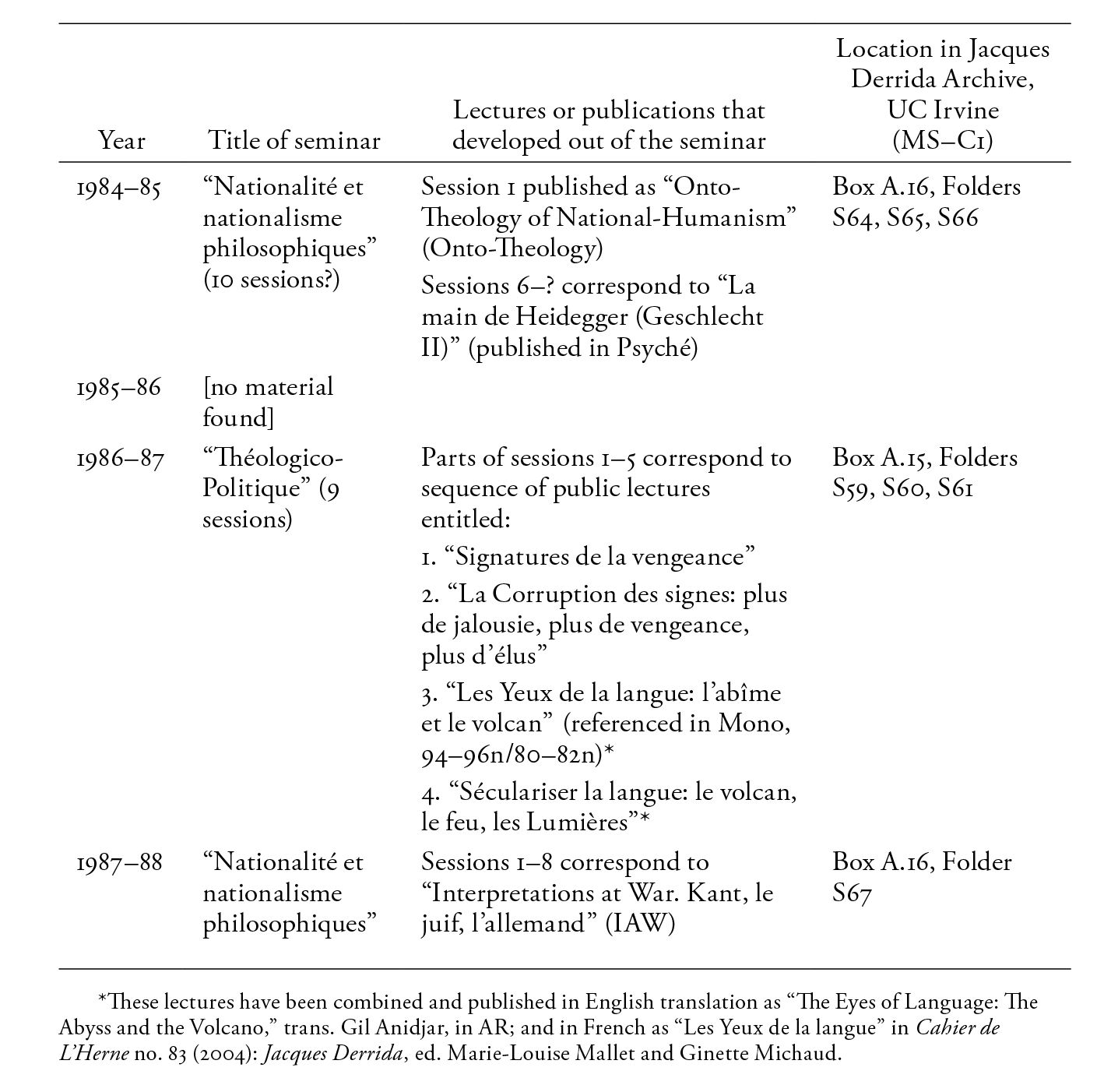Hollander Dana - Exemplarity and chosenness : Rosenzweig and Derrida on the nation of philosophy
Here you can read online Hollander Dana - Exemplarity and chosenness : Rosenzweig and Derrida on the nation of philosophy full text of the book (entire story) in english for free. Download pdf and epub, get meaning, cover and reviews about this ebook. City: Stanford, Calif, year: 2008, publisher: Stanford University Press, genre: Home and family. Description of the work, (preface) as well as reviews are available. Best literature library LitArk.com created for fans of good reading and offers a wide selection of genres:
Romance novel
Science fiction
Adventure
Detective
Science
History
Home and family
Prose
Art
Politics
Computer
Non-fiction
Religion
Business
Children
Humor
Choose a favorite category and find really read worthwhile books. Enjoy immersion in the world of imagination, feel the emotions of the characters or learn something new for yourself, make an fascinating discovery.
- Book:Exemplarity and chosenness : Rosenzweig and Derrida on the nation of philosophy
- Author:
- Publisher:Stanford University Press
- Genre:
- Year:2008
- City:Stanford, Calif
- Rating:4 / 5
- Favourites:Add to favourites
- Your mark:
Exemplarity and chosenness : Rosenzweig and Derrida on the nation of philosophy: summary, description and annotation
We offer to read an annotation, description, summary or preface (depends on what the author of the book "Exemplarity and chosenness : Rosenzweig and Derrida on the nation of philosophy" wrote himself). If you haven't found the necessary information about the book — write in the comments, we will try to find it.
Abstract: Presents a combined study of the philosophies of Jacques Derrida (1930-2004) and Franz Rosenzweig (1886-1929) that explores the question: How may we account for the possibility of philosophy, of universalism in thinking, without denying that all thinking is also idiomatic and particular? Read more...
Hollander Dana: author's other books
Who wrote Exemplarity and chosenness : Rosenzweig and Derrida on the nation of philosophy? Find out the surname, the name of the author of the book and a list of all author's works by series.

